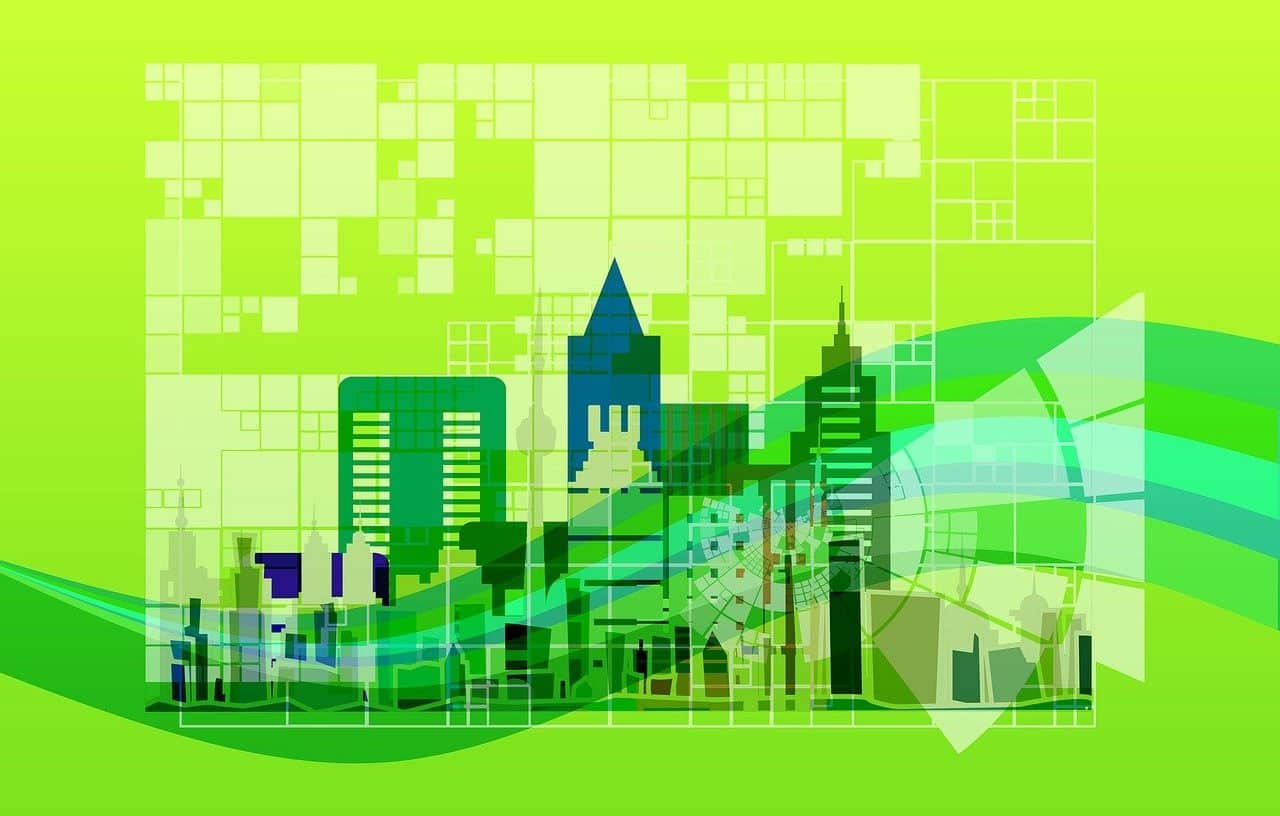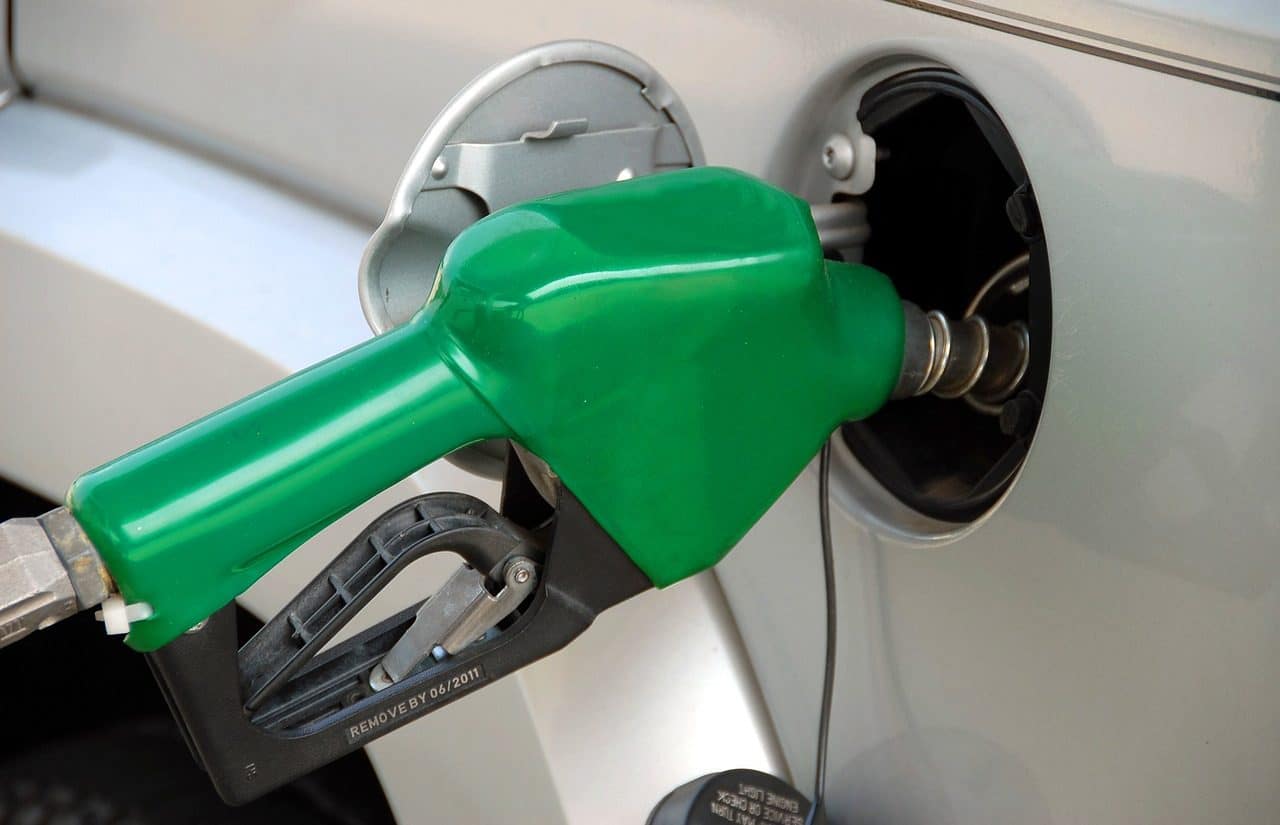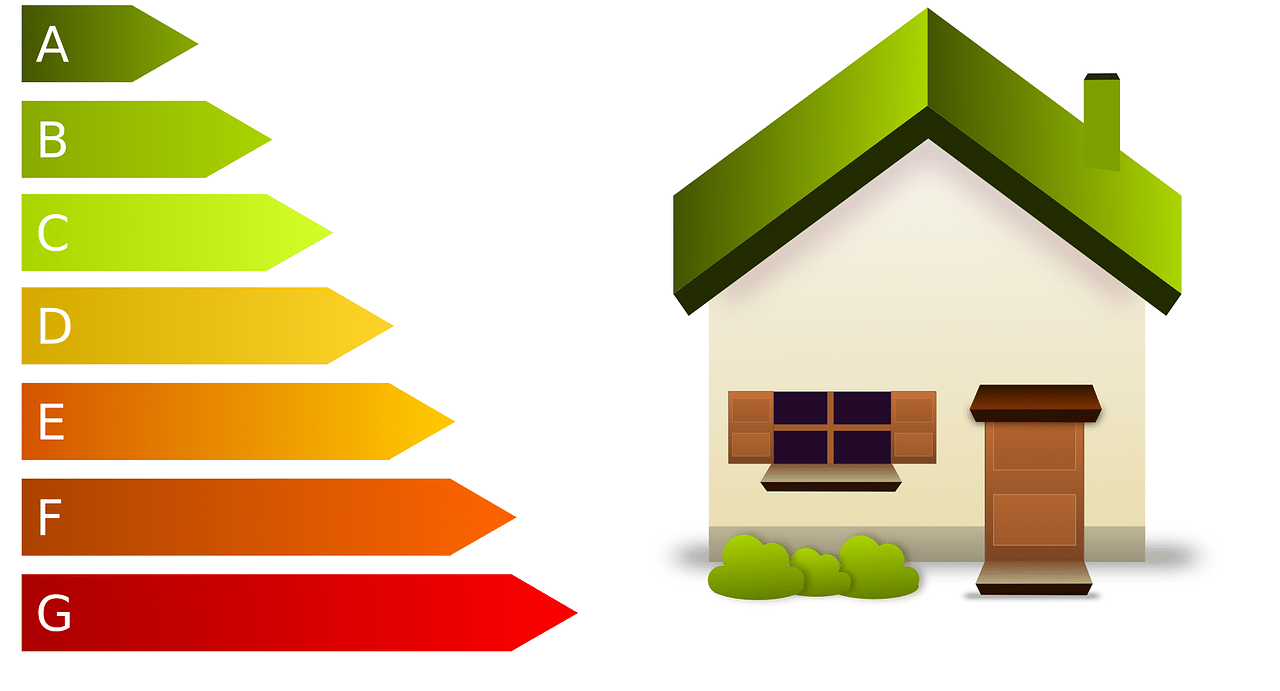
Sustainable architecture can contribute to energy savings.
Energy savings are the result of an action that reduces energy consumption. This is usually achieved through a change in habits or through the implementation of more efficient technology .
Before moving forward, it is important to indicate that savings are achieved by avoiding greater consumption or expenditure. Energy , meanwhile, is the ability to develop an action. The concept usually refers to the exploitation of a natural resource to carry out work.
When you save energy, therefore, what you do is not consume or spend it since you stop doing a certain activity or do it more efficiently compared to what happened until then. At this point it should be mentioned that energy generation causes an impact on the environment , so savings help mitigate this damage.
The importance of energy saving
The importance of energy saving lies in the need to reduce the environmental footprint caused by energy production . This is especially relevant when the energy source is fossil fuels such as oil, coal and natural gas, which are non-renewable resources.
This means that when oil, coal and natural gas reserves are depleted, there will be no way to replenish or regenerate them. That is why it is essential to take care of these reserves or opt for a renewable energy source.
Saving energy also helps combat climate change and global warming . In this way the planet in general benefits from it.

Reducing the use of fossil fuels is often part of energy saving plans.
Energy efficiency
It is common for energy savings to be associated with energy efficiency . When a technology or device serves to execute a common task with lower energy consumption without sacrificing comfort or quality, said efficiency is achieved.
The efficient use of energy means making the most of the energy resource without requiring a change in habits. Suppose a person uses a laptop computer (notebook) for eight hours a day. If you decide to start using the equipment four hours a day, you will achieve energy savings. Another possibility is that you buy a notebook with greater energy efficiency and maintain the eight hours of use per day, which will also allow you to consume less compared to what was happening.

Many countries apply energy saving policies.
Energy savings in air conditioning and transportation
Energy savings in air conditioning can be achieved by taking certain measures. The installation of thermal insulation is very useful so that the external conditions do not have as much impact on the interior of a home.
Double pane windows , in this framework, contribute to achieving the objective. Promoting natural ventilation , meanwhile, is key in the summer season. The purpose is to achieve temperature regulation without having to resort to air conditioning or heating.
As for transportation, the ideal is to walk or ride a bicycle. Electric cars (or even electric bicycles ), however, are also beneficial when compared to vehicles that use fossil fuels.
Efficient public transportation can also prevent people from depending on their private car. Great energy savings are achieved if fifty people travel in a train or bus and not in fifty cars.
The lighting
Saving energy in lighting is a goal promoted by authorities and environmental associations. LED lamps or bulbs are increasingly popular, as are other energy-efficient lighting elements.
As with air conditioning, it is always advisable to promote natural lighting . Just as it is better to open the window to let in the breeze and not turn on the air conditioning unit, it is preferable to raise the blinds or open the curtain to let in the sun's rays and not turn on the light.
In this context, reference must also be made to the automatic lighting control . If an outdoor light turns on only when a sensor detects movement and does not stay on all night, energy savings are achieved.
Other measures to achieve energy savings
Turning off electronic devices , of course, saves energy. This requires, however, changing habits: a television turned off does not consume energy, but it forces you to change your routine if this device used to be on because you were enjoying the programming.
Less drastic is the decision to opt for low-consumption appliances . Attention should be paid to eco-labeling (identification of low-consumption products) to acquire those devices that use less energy. If this option is accompanied by a shorter energy use time, the advantages multiply.
Using rechargeable batteries and installing solar panels are other valid alternatives. The government's promotion of awareness campaigns on energy saving helps promote these types of changes.
